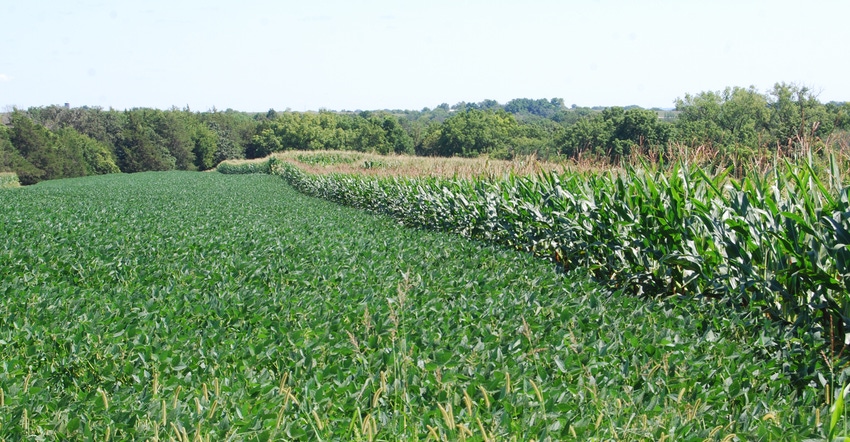January 23, 2017

Periodically, we receive questions from farmers regarding the ownership of farmland and potential alternative options and tax savings available for owning farmland besides individual ownership. The question we received from a farmer a few months ago was: "Is it a good idea to have real estate, in particular farmland, in an IRA? What are the pros and cons?"
This question seems to pop up every few years. In general, investment of IRA contributions in ag land is permissible under federal income tax law and Iowa corporate farming law, but it is discouraged by many tax advisers. In 2010, ag economist Neil Harl covered this issue in-depth and his analysis is still timely. See “Is It Possible (or Wise) to Put Farmland in an IRA?” Agricultural Law Digest, July 2, 2010.
Ownership of ag land by trusts
The first question that must be addressed in this area of the law is whether the Iowa Corporate Farming Law allows such ownership of farms in IRAs. Retirement plans such as 401(k)s and SEPs, including solo plans, are trusts in that there is a plan administrator that acts as a fiduciary or trustee on behalf of the plan beneficiaries. Iowa law regulates the ownership of ag land by trusts under Iowa Code Chapter 9H similar to other legal entities. Authorized trusts must not have any federal or state tax exempt income. However, there is no such requirement for family trusts.
Because IRA income is both state and federally tax exempt, IRAs that are authorized trusts cannot own or lease ag land in Iowa. However, IRAs that qualify as family trusts can own ag land under Chapter 9H if — in addition to meeting certain tests, including the natural person and family relationship tests — the IRA also is established for the purpose of farming and at least 60% of gross revenues over the last consecutive three-year period come from farming. Obviously, this is a technical analysis and one should consult with their attorney or tax adviser for individual advice.
Tax planning and savings issues
According to Harl, there are other issues that arise with respect to ownership of farmland in an IRA, which may make such ownership inadvisable from a tax planning and savings standpoint:
• One such concern is that an owner of an IRA acquiring farmland cannot be involved financially or from a management standpoint in the farm, or may risk violating prohibited transaction rules under Employment Retirement Security Act (ERISA). For most active farmers, that factor alone makes this type of ownership unworkable.
• Trusts of this kind are generally not eligible to claim expense method depreciation.
• The distributions from an IRA, including gains from the sale or taxable exchange of farmland, are included in gross income as ordinary income, not as capital gains which would entitle the owner to preferential and lower tax treatment in today’s tax environment.
• There are also issues involving basis at the time of death. Property held in IRAs at the time of death, constitute income in respect of the decedent — meaning they do not receive a new income tax basis at death.
• It is unclear how an IRA owning farmland is likely to affect federal farm program payments under the farm bill.
• Improvements made to the farmland owned by the IRA including repair and replacement of field tile, fences or other structures are not qualified retirement contributions.
• Land held in an IRA is, according to Harl, “tied up” for the duration of the IRA, which is a huge concern for many individuals.
Iowa Legislature is in session
The Iowa Legislature kicked off the 2017 legislative session and the 87th General Assembly on Jan. 9. In his final State of the State address, Gov. Terry Branstad called for the Legislature to send him a water-quality improvement bill and that such a bill would be an opportunity for job creation and modernizing Iowa’s ag infrastructure. Iowa Ag Secretary Bill Northey echoed the governor’s sentiment on the need for water quality funding despite budget challenges.
In next month’s Legal Issues column, we will continue to provide updates on bills introduced this session, their status and potential effect on farms and farm families. What will the legislature’s response be to water quality issues? What impact will budget issues have on family farmers and agriculture this session? Stay tuned for new developments and answers to those questions.
Herbold-Swalwell is an attorney with Brick-Gentry PC in Des Moines. Contact her at [email protected].
About the Author(s)
You May Also Like






